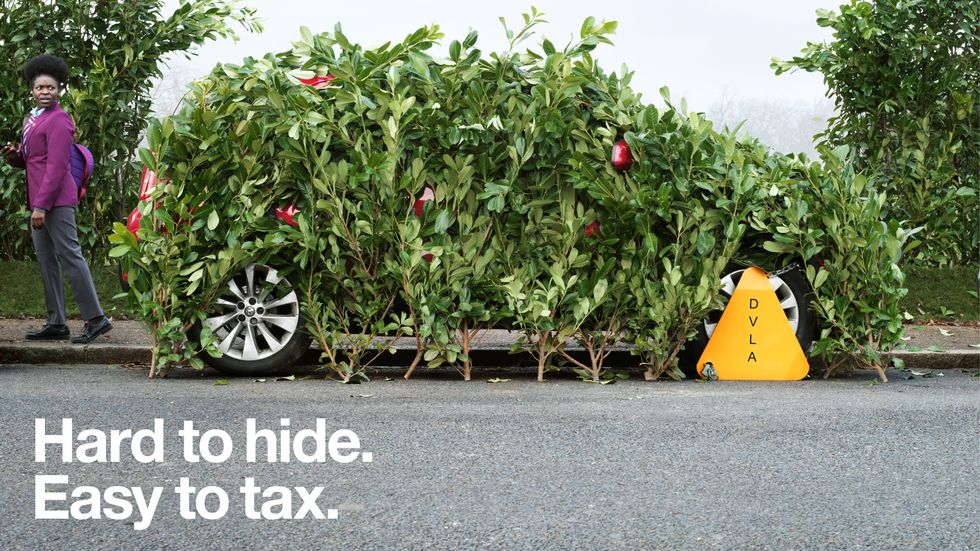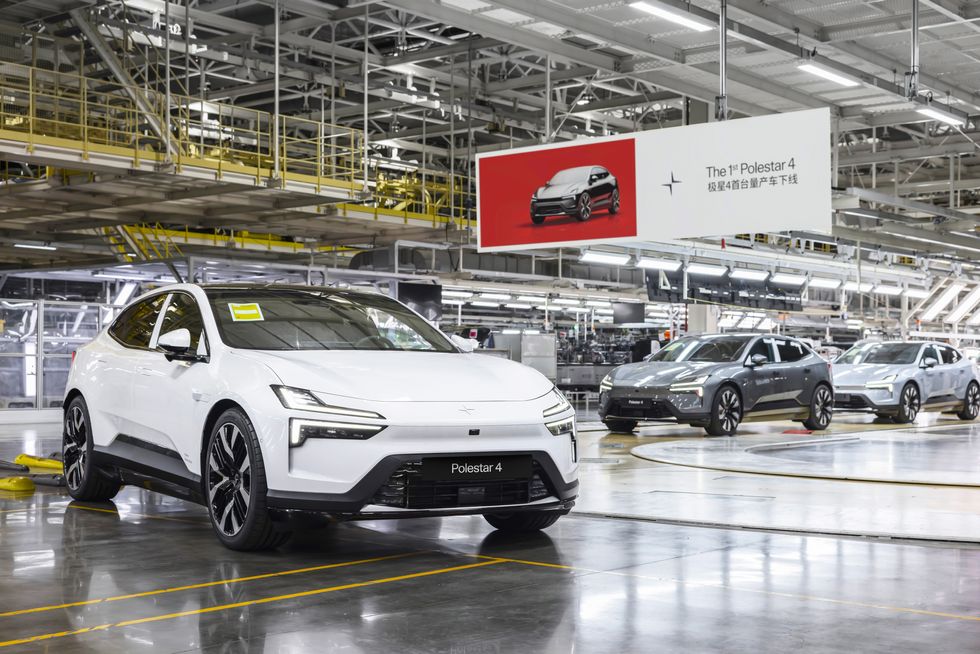DVLA launches new car tax updates for drivers to make changes ahead of price hikes within months

New car tax rates will be unveiled ahead of changes next April
Don't Miss
Most Read
The DVLA has unveiled new changes to its online systems that will allow drivers to tax their vehicles which was not previously possible.
The Driver and Vehicle Licensing Agency (DVLA) has taken steps to expand its online services to make it easier for Britons to stay on top of their motoring requirements.
As part of the new update, motorists applying for a duplicate V5C log book can tax their vehicle without needing to wait for their log book to arrive.
They will also still be able to tax their vehicle even if they have lost their vehicle tax reminder letter (V11).
Do you have a story you'd like to share? Get in touch by emailing motoring@gbnews.uk
 The DVLA has called on drivers to ensure they use their services to keep up to date with their details | DVLA
The DVLA has called on drivers to ensure they use their services to keep up to date with their details | DVLAPreviously, customers who had lost these documents would have needed to wait five days for a replacement V5C to arrive or phone the DVLA Contact Centre.
However, the new update means customers can apply online for a new V5C vehicle log book and tax their car at the same time, saving drivers the hassle on time of waiting.
This is the first time the DVLA has linked the online registration service with the online licensing service, with the agency describing it as "one seamless customer journey".
Julie Lennard, chief executive of the DVLA said: "We are always looking for ways to improve our digital services to provide more convenience for motorists.
"This latest enhancement will enable customers who have misplaced or lost their V5C to get a replacement and tax their vehicle quickly and easily."
Drivers are advised to contact the DVLA if they have not received their duplicate V5C two weeks after they initially applied.
If they have not received their V5C log book after six weeks and they haven't notified the DVLA, they will be required to pay £25 to get a replacement.
The new measures could become crucial for motorists in the coming months as Britons prepare for new car tax changes, set to be unveiled in full next April.
Electric car owners will have to start paying Vehicle Excise Duty (VED) from April 1, 2025, and will aim to create a fairer system of vehicle taxation for all drivers.
Any new vehicles registered on or after April 1, 2025, will need to pay the lowest first-year rate of vehicle tax, as well as pay the standard rate from the second tax year.
The standard rate is currently set at £190 for 2024, although the DVLA notes that this is subject to change ahead of 2025. This is usually done in line with inflation.
New electric vehicles will also be required to pay the Expensive Car Supplement if the vehicle has a list price of more than £40,000, with drivers charged £410 for five years.
LATEST DEVELOPMENTS:

Expensive electric vehicles will be required to pay the Expensive Car Supplement, including the new Polestar 4
| POLESTAROther rates and bands of car tax are also expected to rise in line with inflation, as evidenced by the hikes in April 2024.
The biggest increase applied to vehicles that produce emissions of more than 255g/km where prices jumped from £2,605 to £2,745.
Vehicles which produce fewer emissions only saw prices rise by £5 or £10 annually.










